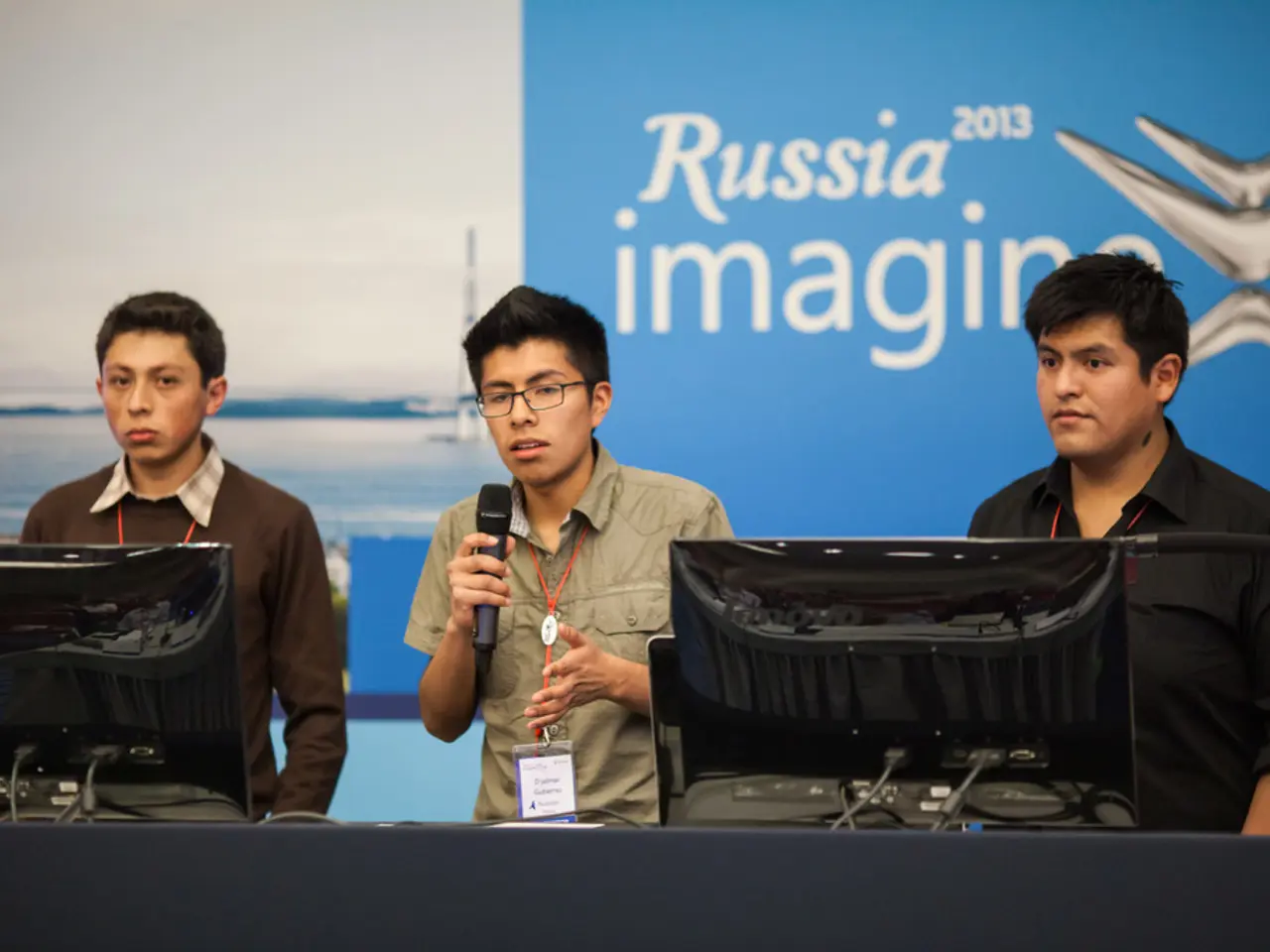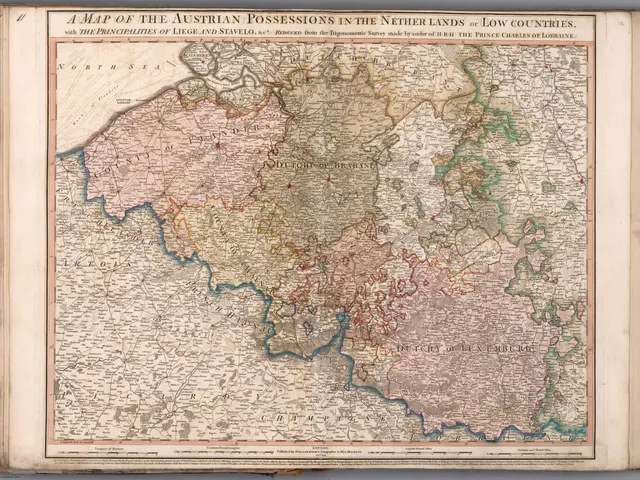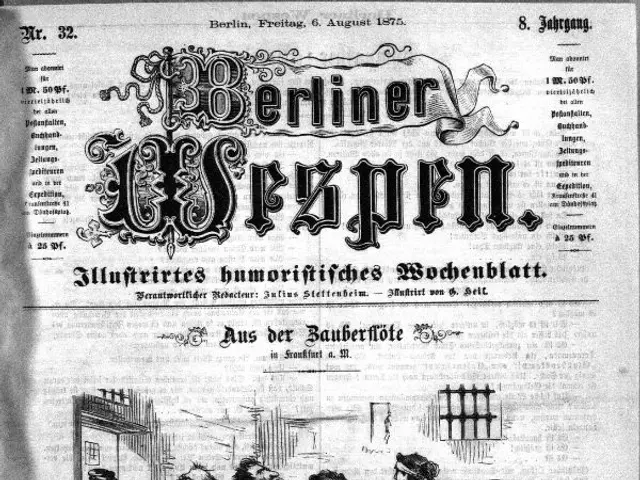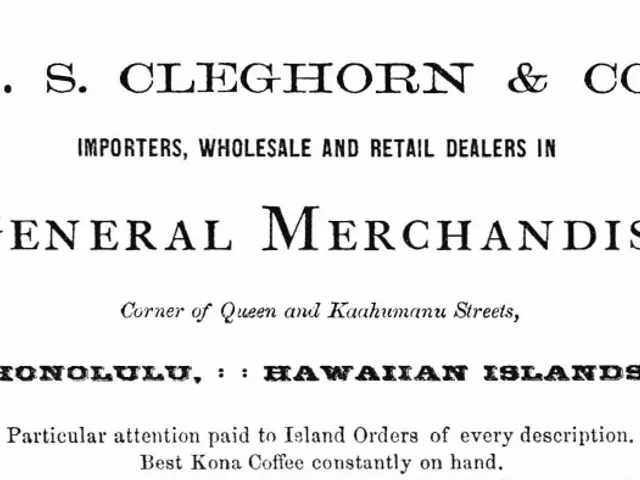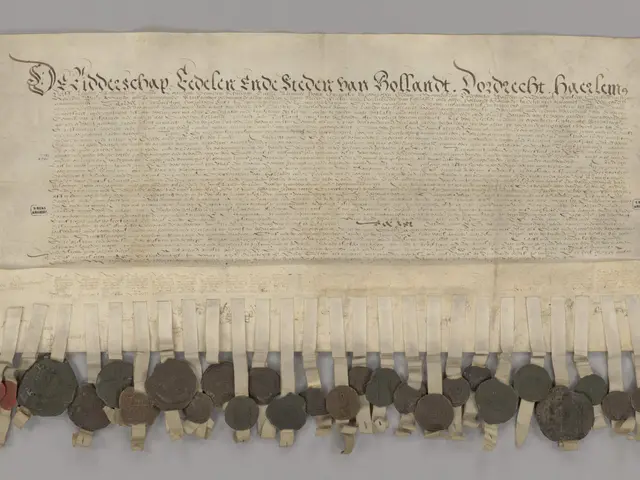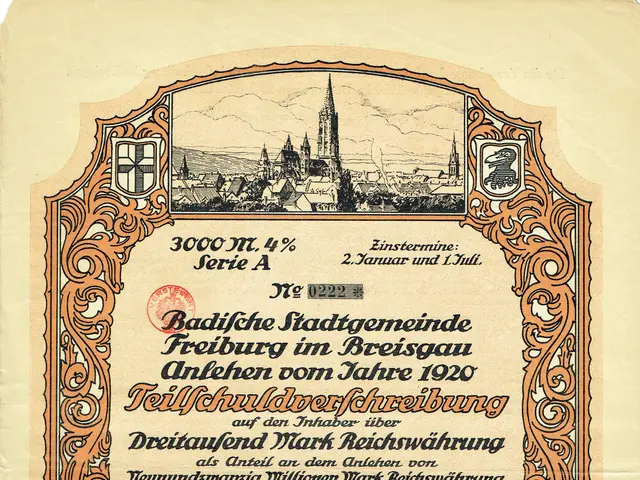EU imposes sanctions on Russia, seeks increased favor with the U.S. by antagonizing China in a new round of penalties against Moscow.
The European Union (EU) has announced a new round of sanctions against Russia, marking the 19th such package since the start of Moscow's invasion of Ukraine three years ago. At a press conference, Ursula von der Leyen, President of the European Commission, confirmed the addition of more chemicals, metal components, salts, and ores to the export bans and tighter export controls on news. This move is aimed at curbing Russia's access to key resources and materials. The latest sanctions package also includes restrictions on about a dozen Chinese companies involved in refining, raw material trading, and petrochemical sectors that have supported Russia's military-industrial complex either directly or indirectly. This diplomatic overture to the United States, as some analysts suggest, is the EU's way of making a statement to President Donald Trump. The sanctions are not limited to Russian entities. The EU is also targeting Chinese entities, including refineries, oil traders, and petrochemical companies in third countries, that are involved in shipping Russian oil that violates G7 restrictions. The sanctions against the so-called shadow fleet of aging vessels shipping Russian oil in contravention of G7 restrictions are part of the broader efforts to limit Russia's oil revenues. The EU did not specify which companies or vessels are affected in the shadow fleet. A notable addition to the sanctions package is a $47.60 oil price cap. This new measure is intended to limit the profitability of Russian oil exports and put pressure on the Russian economy. The oil price cap is part of the 19th sanctions package against Russia. Kaja Kallas, the EU's top diplomat, confirmed the inclusion of the oil price cap in the sanctions package. She emphasised that the EU is committed to standing with Ukraine and imposing costs on Russia for its aggression. The new sanctions against Russia come as the conflict in Ukraine continues to escalate, with no end in sight. The EU, alongside its allies, continues to impose economic pressure on Russia in an effort to bring about a peaceful resolution to the conflict.
Read also:
- Trump administration faces lawsuit by Denmark's Ørsted over halted wind farm project
- U.S. takes a pledge of $75 million to foster Ukrainian resources development
- Unchecked Management of HP Dams Leads to Environmental Disaster: RTI Reveals
- Political Rivalry: Comparison of Labour and Conservative Parties' Policies and Their Current Standings in Polls
